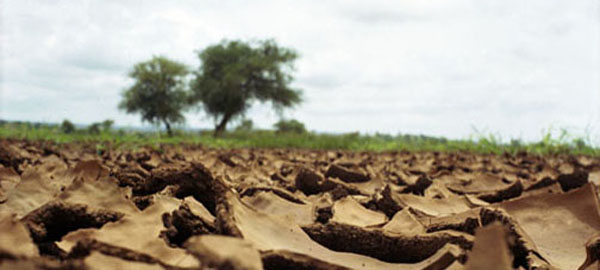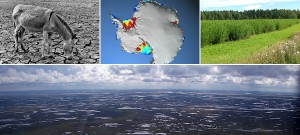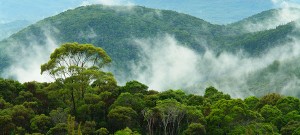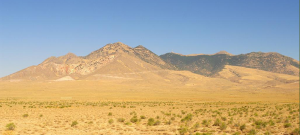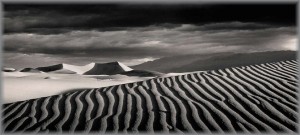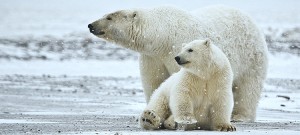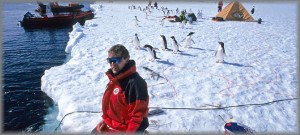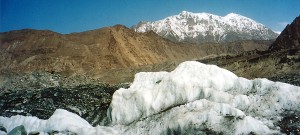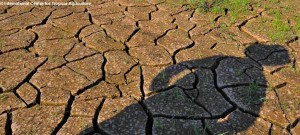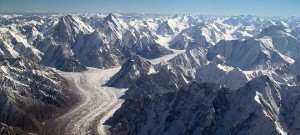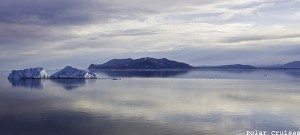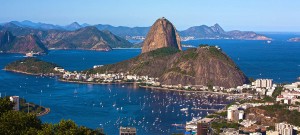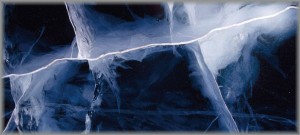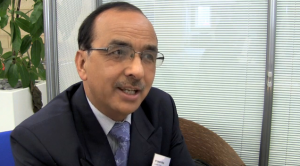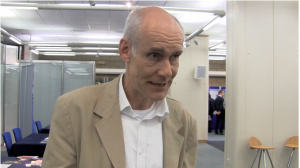Climate science
We must correct image of desertification and promote practical solutions
Luc Gnacadja, Executive Secretary of the UN Convention to Combat Desertification, writes for RTCC ahead of Desertification Week about why it is important the image of desertification as an unstoppable monster is corrected so practical action can take place.
A week in climate change: five things we learnt
Positive action on desertification, climate change migration and sustainable biofuels, it’s been a busy week for climate change. Here’s what the team at RTCC has learnt this week.
President Dilma must veto Brazil’s Forest laws, say campaigners
As changes to Brazil’s Forest Code are approved by the country’s Chamber of Deputies, campaigners call on President Dilma Rousseff to veto the law and protect the country’s iconic forests.
Warm oceans are driving ice loss in Antarctica, says study
A new study by NASA used laser data to track the thinning of Antarctic ice shelves, finding warm oceans could be a dominant factor in ice loss in the region – bringing researchers closer to predicting sea level rises.
Understanding desertification in Turkey
Duygu Kutluay writes for RTCC about how one project in Turkey is helping researchers to understand how to combat desertification on a number of levels in the country’s drylands.
Photo of the week #15 – Desertification in the USA
This week’s photo, to coincide with Desertification Week, shows the effects of this phenomenon in the USA.
“Significant Challenges” for life in the Arctic Ocean, says report
Unique all-season report finds risk to biodiversity in the Arctic Ocean and points towards “significant challenges” faced by the region’s nature. Meanwhile another study finds some species could still thrive in the Arctic.
Polar bears need longer to adapt to climate change, say researchers
New research has found the polar bear to be much older than originally thought, showing it adapted much less rapidly to harsh conditions of the Arctic. Researchers say this questions its ability to adapt to current climate change.
Photo of the week #14 – Penguins under threat from melting ice
This week’s photo of the week shows scientists working in the Antarctic, where last week new research gave scientists good news as it found some penguin species numbers could be higher than originally thought.
Climate change doubles the cost of conservation
Work to protect ecosystems, endangered species and ensure clean air and water made more difficult and expensive by climate threats.
Pakistan’s first climate change adaptation plan to tackle “mountain tsunamis”
Pakistan launches an adaptation project – the first of its kind – to help vulnerable communities cope with the threat of Glacier Lake Flood Outburst from receding glaciers.
UK Drought – What will it mean?
As 17 more counties are considered to be in drought conditions in the UK, RTCC takes a look at the causes of the drought and what it could mean for you.
Asian glaciers bucking trend of climate change ice melt
Satellite models from the Karakoram mountains north of Himalaya show marginal growth but area remains a one-off, according to new research.
Rush to establish Arctic economy risky for ecosystems, warns report
Lloyd’s of London report warns against a rush towards the estimated $100 billion exploration of the Arctic they predict over the next decade, while oil company Shell reaffirms their commitment to investment in the region.
RTCC’s Road to Rio Workshop
RTCC would like to invite you to attend our student focus, Road to Rio Workshop.
Short-term climate change gains for plants quickly lost, says research
New study finds that the grass is not always greener. While grasslands could thrive in early stages of climate change, they will quickly deteriorate, new research shows.
Photo of the week #13 – Melting ice in the polar regions
This week’s Photo of the Week, the melting ice of the Arctic and its impact globally.
LCEDN VIDEO: Exploiting natural resources for Nepal’s energy supply
Dinesh Bhuju, from the Nepal Academy of Science and Technology, talks to RTCC about the capacity available from the country’s 6000+ rivers and streams.
LCEDN VIDEO: Developing pro-poor pathways to the low-carbon transition
Rob Byrne from the Sussex Energy Group spoke to RTCC about the need to not only transfer the technology for the low carbon transition but also to make sure the skills base is in place in local communities.
Small summer temperatures to decrease life expectancy
New study looking at summer temperature variability in the US found that even small changes in temperature can shorten life expectancy of elderly people with chronic conditions.
